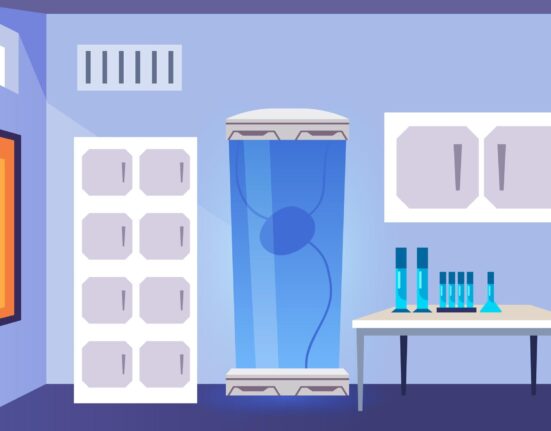Alcohol addiction represents a widespread challenge impacting millions of individuals globally. Despite its prevalence, overcoming the stigma associated with seeking assistance for alcohol addiction can pose significant hurdles. Nevertheless, rehabilitation facilities present a secure and nurturing setting for individuals grappling with alcohol dependency to reclaim agency over their lives. Here are five persuasive arguments underlining the importance of considering rehabilitation for alcohol addiction:
1. Professional Guidance and Support
Enrolling in a rehabilitation program for alcohol addiction grants access to specialized guidance and support from certified therapists adept in addiction treatment. These professionals offer individualized care, conducting thorough assessments to grasp the nuances of each person’s circumstances and needs.
Utilizing one-on-one counseling sessions, group therapy, and educational workshops, individuals benefit from tailored support addressing their specific challenges and objectives. Through their expertise and compassionate approach, rehabilitation experts assist individuals in navigating the complexities of recovery, equipping them with invaluable tools and strategies to surmount obstacles and establish a firm foundation for enduring sobriety.
2. Structured Treatment Programs
Rehabilitation facilities administer structured treatment programs that extend beyond mere cessation of alcohol consumption. These meticulously crafted programs aim to address the multifaceted nature of addiction, encompassing physical, emotional, and psychological dimensions. From supervised detoxification to evidence-based therapies and holistic wellness activities, each facet of the program is strategically integrated to foster healing and personal growth.
Moreover, the structured framework of these programs instills discipline and accountability, empowering individuals to cultivate healthy habits and coping mechanisms essential for sustained recovery. By immersing themselves in a nurturing environment that prioritizes their well-being, individuals can confidently embark on a journey of self-discovery and transformation.
3. Safe and Supportive Environment
Rehabilitation facilities offer a safe and supportive atmosphere, allowing individuals to initiate their recovery journey free from judgment and external influences. Within this supportive environment, individuals are encouraged to confront their addiction candidly, surrounded by peers who empathize with their experiences and struggles.
When looking for assistance with alcohol addiction, exploring respected alcohol rehab centers like for example, alcohol rehab in Austin can be the first step toward initiating your path to recovery. Additionally, rehab centers offer continuous supervision and medical assistance, ensuring the safety and welfare of all residents throughout their treatment. By fostering a sense of community and camaraderie, rehabilitation facilities cultivate an atmosphere of trust and acceptance, empowering individuals to confront their challenges with courage and resilience.
4. Holistic Approach to Healing
Effective treatment for alcohol addiction adopts a holistic approach that acknowledges the interconnectedness of mind, body, and spirit. In addition to conventional therapies such as cognitive-behavioral therapy and motivational interviewing, rehabilitation facilities provide a diverse array of complementary modalities aimed at enhancing overall well-being.
These may include mindfulness practices, yoga, expressive arts therapy, nutritional guidance, and physical activities, all geared toward restoring harmony and vitality to the individual. By addressing the entirety of the person rather than solely focusing on addiction symptoms, rehabilitation programs empower individuals to unravel underlying issues, develop adaptive coping strategies, and cultivate a renewed sense of purpose and fulfillment.
5. Long-Term Sobriety and Relapse Prevention
While achieving sobriety marks a significant milestone, sustaining it over the long term necessitates ongoing support and vigilance. Rehabilitation centers provide individuals with essential tools and resources to overcome life’s obstacles without relying on alcohol as a coping mechanism. By implementing comprehensive relapse prevention strategies, individuals gain the skills to recognize triggers, control cravings, and handle stress using healthier approaches.
Furthermore, ongoing participation in support groups and alumni programs provides a valuable network of peers and mentors who comprehend the flows of recovery firsthand. By fostering resilience, self-awareness, and a robust support system, individuals can confidently embrace a future liberated from the chains of addiction, empowered to seize each day with purpose and vitality.
Conclusion
The decision to seek rehabilitation for alcohol addiction presents myriad advantages that profoundly enrich an individual’s path to recovery. Ranging from expert guidance and meticulously organized treatment regimens to an environment characterized by safety and encouragement, rehabilitation centers furnish essential tools and assistance to facilitate individuals in breaking the chains of addiction. Embracing a comprehensive approach to healing and prioritizing sustained sobriety, individuals can reclaim control over their lives and embark on a journey marked by restored well-being, contentment, and purpose.






